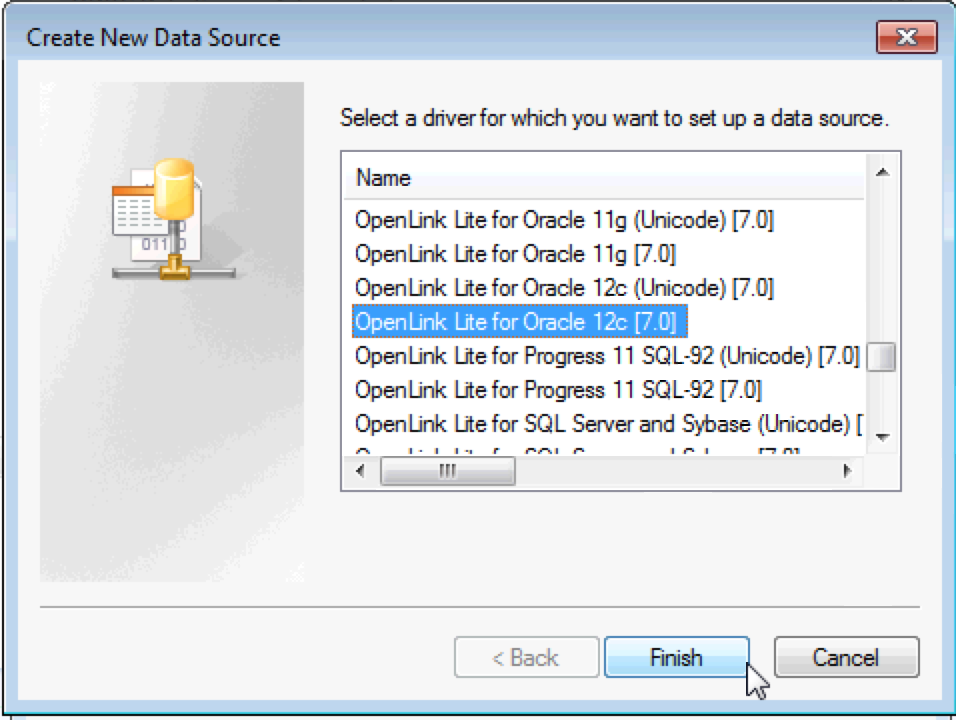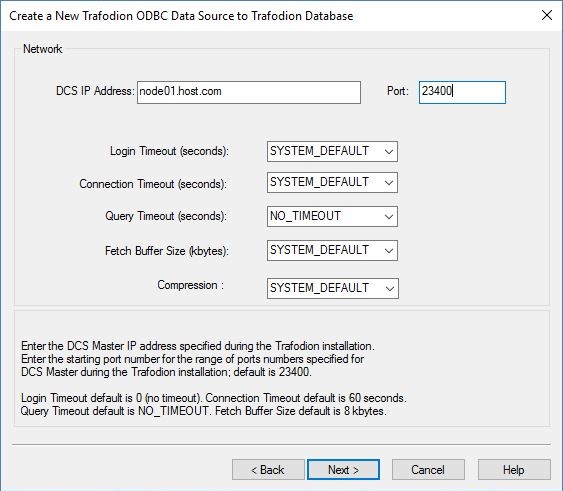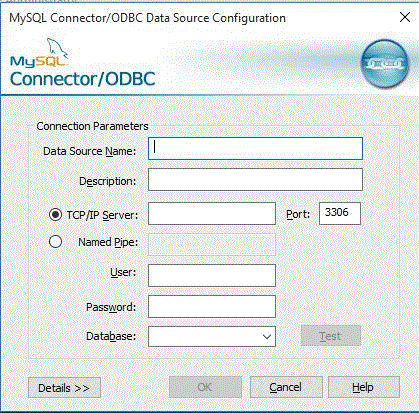

- #Oracle odbc driver configuration fetch buffer size drivers#
- #Oracle odbc driver configuration fetch buffer size update#
The name or identifier used by applications to call or use this data source. The ODBC for Oracle Setup dialog box contains the following controls:
#Oracle odbc driver configuration fetch buffer size update#
To avoid such conflicts, use the Oracle FOR UPDATE feature when running the query that produces the result set. Any conflicts are silently ignored and your changes will overwrite the previous changes. The driver will not report any changes made by another committed transaction. As long as the ROWID is valid when a driver tries to send an UPDATE or DELETE operation to the database, the operation will be run.
#Oracle odbc driver configuration fetch buffer size drivers#
Oracle JDBC drivers use the ROWID to uniquely identify a row in a database table. The drivers do not check for conflicts with a result set DELETE or UPDATE operation.Ī conflict will occur if you try to perform a DELETE or UPDATE operation on a row updated by another committed transaction. The drivers do not enforce write locks for an updatable result set. It is important to be aware of the following facts regarding updatable result sets with the JDBC drivers: As a result, columns cannot be fetched in bulk and scrolled through.Īs a workaround for the SELECT * limitation, you can use table aliases, as shown in the following example:

When the server has to fetch a Stream column, it reduces the fetch size to one and blocks all columns following the Stream column until the Stream column is read. Scrollable and updatable result sets cannot have any column as Stream. To produce a scr oll-sensitive result set:Ī query can select from only a single table. It cannot select derived columns or aggregates, such as the SUM or MAX of a set of columns. In addition, for inserts to be feasible, the query must select all non-nullable columns and all columns that do not have a default value. Failure to follow these guidelines will result in the JDBC driver choosing an alternative result set type or concurrency type.Ī query can select from only a single table and cannot contain any join operations.

The following limitations are placed on queries for enhanced result sets. Check for warnings to verify whether you received the type of result set that you requested. The SQLWarning object will contain the reason why the requested type was not feasible. The actual result set type and concurrency type are determined when the statement is run, with the driver issuing a SQLWarning on the statement object if the desired result set type or concurrency type is not feasible. If you specify an unfeasible result set type or concurrency type for the query you run, then the JDBC driver follows a set of rules to determine the best feasible types to use instead. Some types of result sets are not feasible for certain kinds of queries. Resultset Limitations and Downgrade Rules


 0 kommentar(er)
0 kommentar(er)
